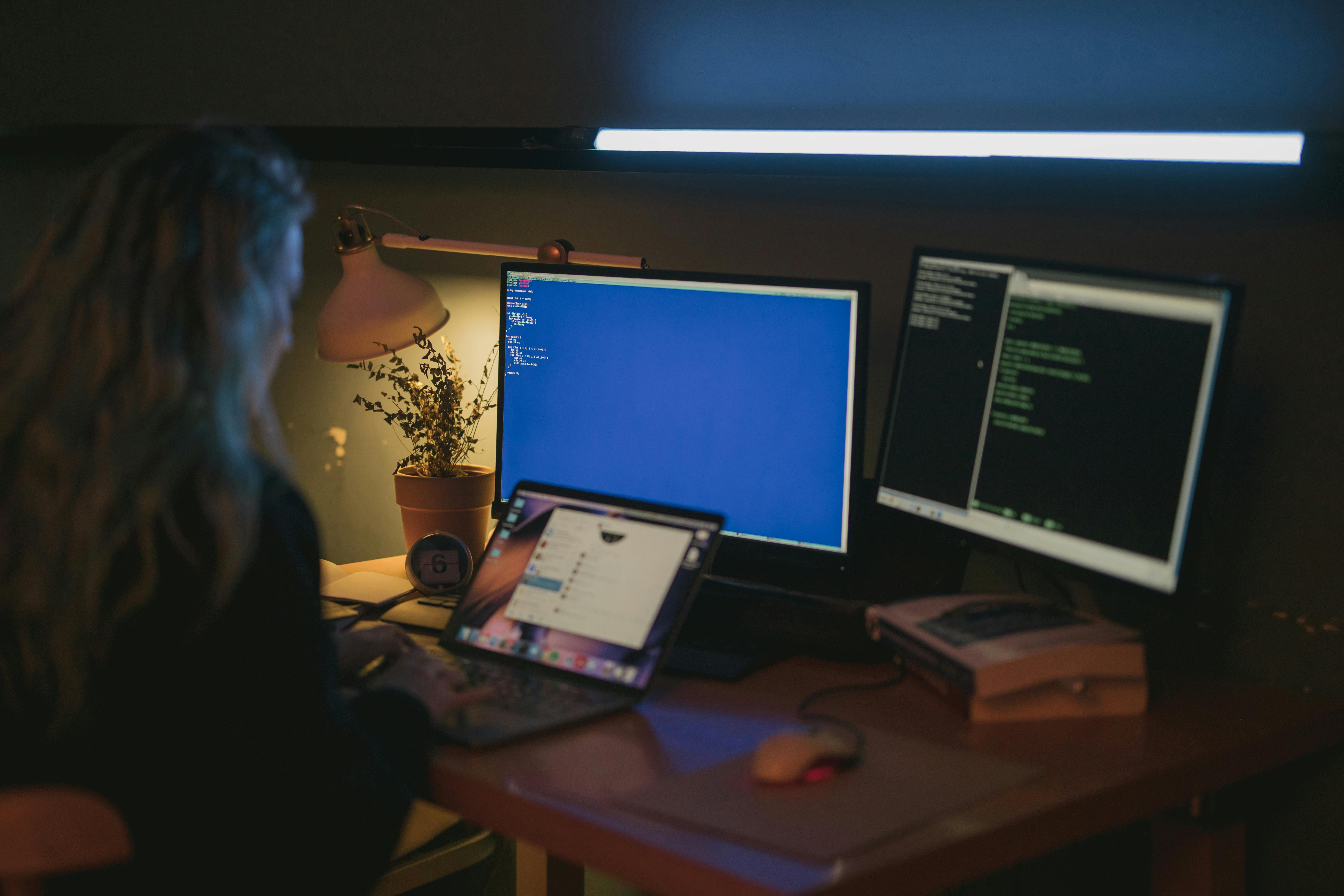Can Technology Help in the Battle Against COVID-19?
Technology and government initiatives help track and control the COVID-19 pandemic. In addition to assisting overworked and exhausted healthcare workers,
In an emergency, smart technologies cannot replace or compensate for public institution measures. How can tech help fight the novel coronavirus outbreak?
Good Techs
Until it is used for good, technology is seen as a cold, heartless machine. Look at what we've done with its help.
A growing trend in telemedicine is remote patient monitoring and doctor visits. 3D printing and open-source solutions are making face masks, ventilators, and breathing filters more affordable. It has also pushed scientists to their limits. This is the world's fastest vaccine development and testing.
A wide range of smart technologies is being used to track disease spread, manage insurance payments and maintain medical supply chains. Examine how IoT, AI, big data, and mobile solutions are improving healthcare.
IoT for Smart Home and Patient Care
Health care already uses IoT. Increasing global adoption of connected patient imaging, health devices, worker solutions, and ambulance services. But COVID-19 gave the technology a new purpose. That's thanks to IoT.
By creating smart thermometers that aggregate temperature and symptom data, Kinsa for example. US HealthWeatherTM map based on millions of connected thermometers.
The map shows the extent of influenza-like illness in the population (ILI). This data helps health authorities. COVID-19 community spread early warning fever to optimize health resource allocation The “Atypical” map mode shows them.
What Can Mobile Apps Do?
The COVID-19 pandemic has altered healthcare. Online therapy, home testing, and improved mental health are now possible with mobile apps. Apps can now track the virus's path and help contain it.
It was created in collaboration with the CDC, the White House, and FEMA (FEMA). A guide to cleaning and disinfecting surfaces is included. It also has a screening tool for COVID-19 symptoms, returning from abroad, or close contact with an infected person.
The TraceCovid app for Bluetooth-enabled smartphones was developed to stop the disease's spread. The service can trace people who have met a COVID-19 positive person. It allows doctors to respond and care for patients faster. Germany will release a smartphone app that will alert users if they are near a sick person.
An AI-based Outbreak Tracker
Identifying, tracking, and scanning outbreaks, predicting hotspots, and making better decisions requires NLP-powered AI.
Examples include an AI-powered COVID-19 Assessment bot developed by Microsoft and the CDC. In addition, Clara can track users in need of urgent care.
However, Bebot, an AI-powered chatbot designed for travelers, is now available from Bespoke. This app answers coronavirus questions.
Conclusion
The coronavirus pandemic has certainly tested everyone. Despite being severely damaged, they aren't slowing down anytime soon.
Globally, hospitals are adopting smart technologies. So, if you work in smart technology, keep up with the latest trends.
